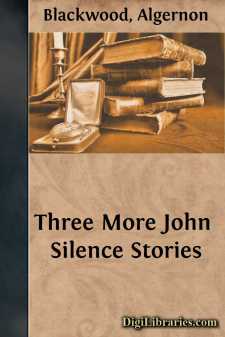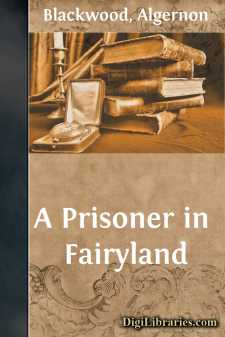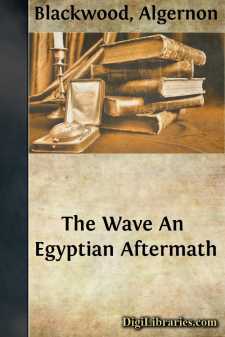Categories
- Antiques & Collectibles 13
- Architecture 36
- Art 48
- Bibles 22
- Biography & Autobiography 813
- Body, Mind & Spirit 142
- Business & Economics 28
- Children's Books 17
- Children's Fiction 14
- Computers 4
- Cooking 94
- Crafts & Hobbies 4
- Drama 346
- Education 46
- Family & Relationships 57
- Fiction 11829
- Games 19
- Gardening 17
- Health & Fitness 34
- History 1377
- House & Home 1
- Humor 147
- Juvenile Fiction 1873
- Juvenile Nonfiction 202
- Language Arts & Disciplines 88
- Law 16
- Literary Collections 686
- Literary Criticism 179
- Mathematics 13
- Medical 41
- Music 40
- Nature 179
- Non-Classifiable 1768
- Performing Arts 7
- Periodicals 1453
- Philosophy 64
- Photography 2
- Poetry 896
- Political Science 203
- Psychology 42
- Reference 154
- Religion 513
- Science 126
- Self-Help 84
- Social Science 81
- Sports & Recreation 34
- Study Aids 3
- Technology & Engineering 59
- Transportation 23
- Travel 463
- True Crime 29
The Extra Day
Description:
Excerpt
CHAPTER I
THE MATERIAL
Judy, Tim, and Maria were just little children. It was impossible to say exactly what their ages were, except that they were just the usual age, that Judy was the eldest, Maria the youngest, and that Tim, accordingly, came in between the two.
Their father did his best for them; so did their mother; so did Aunt Emily, the latter's sister. It is impossible to say very much about these three either, except that they were just Father, Mother, and Aunt Emily. They were the Authorities-in-Chief, and they knew respectively everything there was to be known about such remote and difficult subjects as London and Money; Food, Health and Clothing; Conduct, Behaviour and Regulations, both general and particular. Into these three departments of activity the children, without realising that they did so, classed them neatly. Aunt Emily, besides the special duties assigned to her, was a living embodiment of No. While Father allowed and permitted, while Mother wobbled and hesitated, Aunt Emily shook her head with decision, and said distinctly No. She was too full of warnings, advice, and admonitions to get about much. She wore gold glasses, and had an elastic, pointed nose. From the children's point of view she must be classed as invalid. Somewhere, deep down inside them, they felt pity.
The trio loved them according to their just deserts; they grasped that the Authorities did their best for them. This "best," moreover, was done in different ways. Father did it with love and tenderness, that is, he spoilt them; Mother with tenderness and love, that is, she felt them part of herself and did not like to hurt herself; Aunt Emily with affectionate and worthy desire to see them improve, that is, she trained them. Therefore they adored their father, loved their mother, and thought highly—from a distance preferably—of their aunt.
This was the outward and visible household that an ordinary person, say, a visitor who came to lunch on Sunday after church, would have noticed. It was the upper layer; but there was an under layer too. There was Thompson, the old pompous family butler; they trusted him because he was silent and rarely smiled, winked at their mischief, pretended not to see them when he caught them in his pantry, and never once betrayed them. There was Mrs. Horton, the fat and hot-tempered family cook; they regarded her with excitement including dread, because she left juicy cakes (still wet) upon the dresser, yet denied them the entry into her kitchen. Her first name being Bridget, there was evidently an Irish strain in her, but there was probably a dash of French as well, for she was an excellent cook and recipe was her master-word—she pronounced it "recipee." There was Jackman, the nurse, a mixture of Mother and Aunt Emily; and there was Weeden, the Head Gardener, an evasive and mysterious personality, who knew so much about flowers and vegetables and weather that he was half animal, half bird, and scarcely a human being at all—vaguely magnificent in a sombre way....












